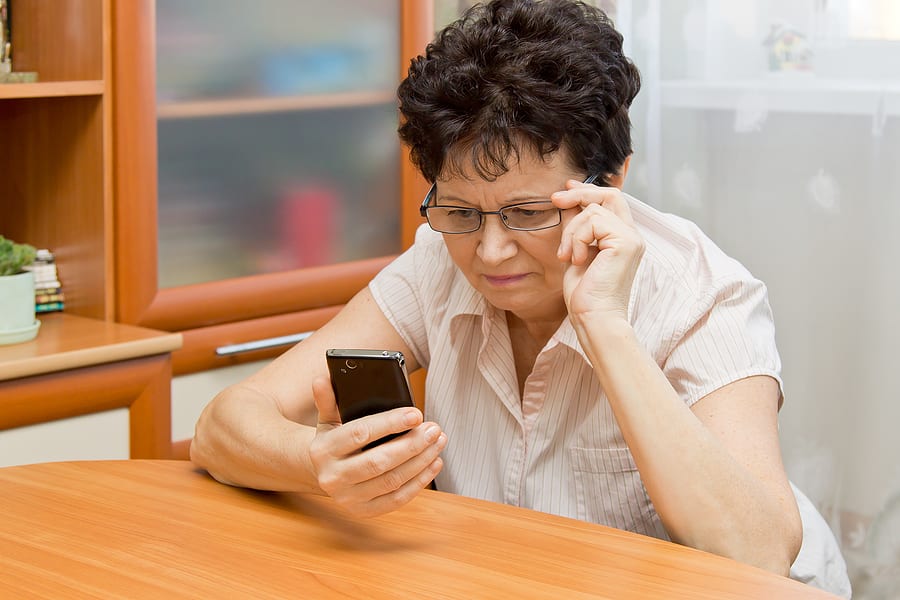As your elderly loved one continues to live at home, it is important to ensure their safety. As your loved one’s vision begins to fade or become poorer, you may have to take the steps to improve visibility in the home.
Causes of Poor Vision
As you age, your eyes become less sensitive, and it can be harder to see properly. If your loved one wears glasses, they may require stronger prescriptions. Those who have never needed glasses may eventually develop a need for them. It is also common for elderly individuals to require reading glasses over time. Additionally, the risk of developing glaucoma, cataracts, and other age-based macular degeneration increases. All of these factors can add up to living with poor vision.
Lighting Improvements and Vision Degradation
Proper lighting can be important to ensure your loved one’s safety in their home. This can be especially important at night. Proper lighting can make it easier to read and navigate through the house safely. Leave the blinds open during the day to allow in natural light. Make sure each room has proper lighting, preferably from a switch near the entrance. You don’t want your elderly loved one to shuffle around in the dark to find the lamp switch. Consider plug-in night lights in the bedroom and hall to help with late-night bathroom trips.
Clear out Clutter
Clutter can cause a number of problems for people with poor vision. Clutter can make familiar spaces harder to navigate. Clearing clutter away can reduce tripping and falling risks.
Organization for Those with Poor Vision
Proper organization can help your loved one better navigate their surroundings as needed. Keep items neatly stored. Consider investing in a label maker for your loved one. Have designated spots for TV remotes, keys, phones, etc, so your loved one can more easily find them.
Using High Contrast For Safety
Colors can play a big role in making distinctions with poor vision. Using dark colors against light ones can help create clear distinctions. Brightly colored tape on the edges of countertops or coffee tables can help prevent tripping or bumping hazards. Plain-looking placemats and plates can help with visibility during mealtime.
Vision Aids
Vision aids aren’t limited to prescription glasses. Consider buying large print books, or magnifying lenses for your loved one. Additionally, many phones and computers have magnifying settings or narrators that can read out information.
Home Health Aides can Assist Elders with Poor Vision
The professional Home Health Aides from SafeHarbor Healthcare services are trained to assist the elderly and disabled with any number of day-to-day tasks. Your loved one’s aide can help with meal prep, light housekeeping, and daily assistance that can improve their quality of life. As your loved one’s vision continues to degrade over time, they will require more and more assistance. With the proper daily home care, you can rest easy knowing that your loved one’s needs are met.
Safe Harbor Healthcare Services does not provide medical, healthcare, or financial advice via articles. This material has been prepared for informational purposes only, and is not intended to provide, and should not be relied on for medical advice.
Safe Harbor Healthcare Services has been providing excellent home care on Staten Island since 1967. Our services help the elderly and disabled live safely and independently; while giving their families the peace of mind they need. For more information contact us by clicking here, or call (718)-979-6900.

